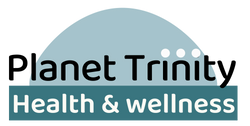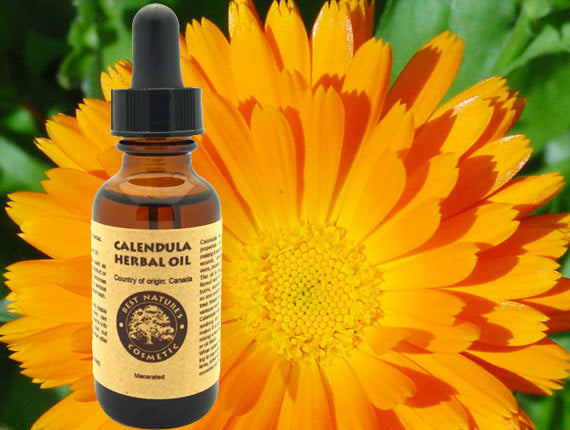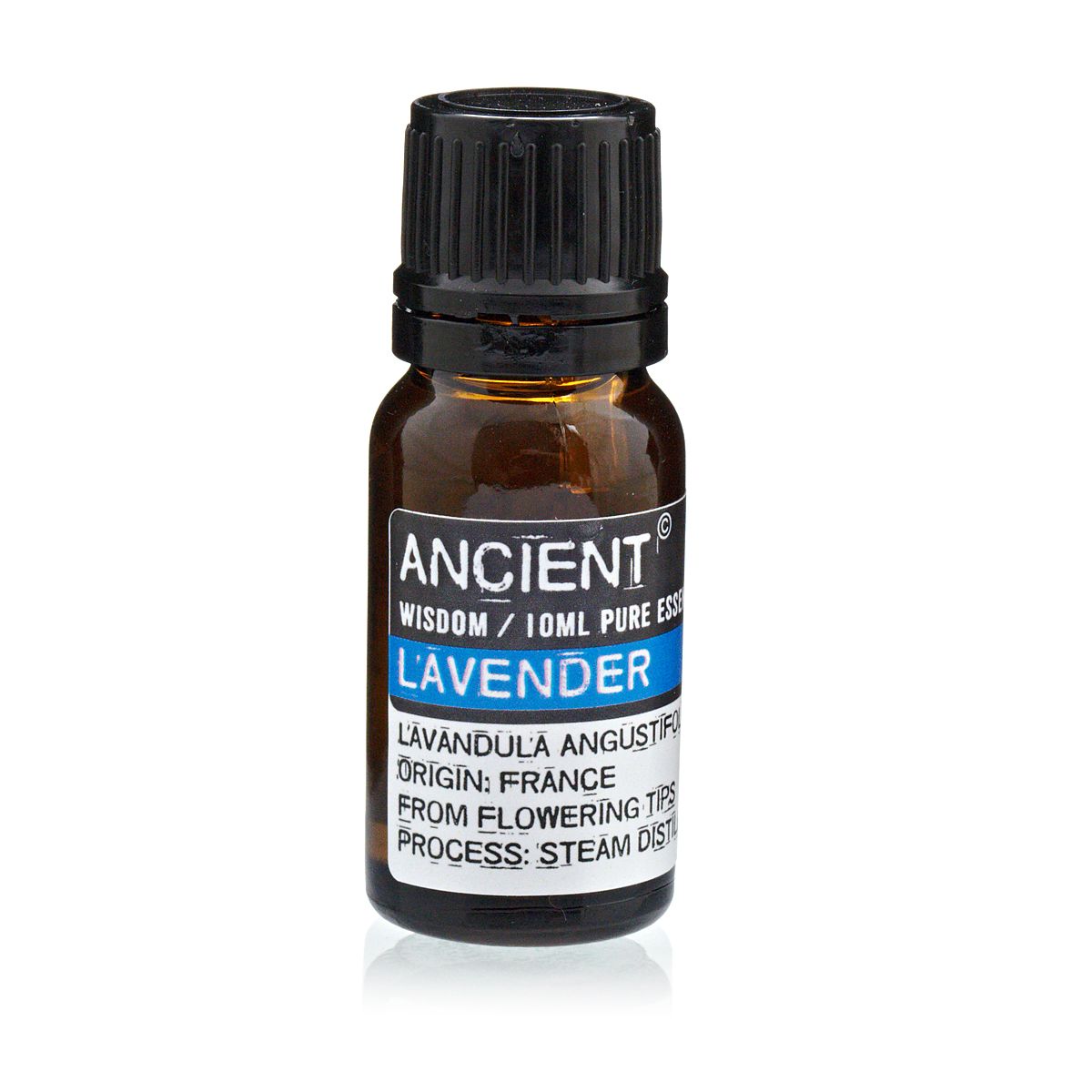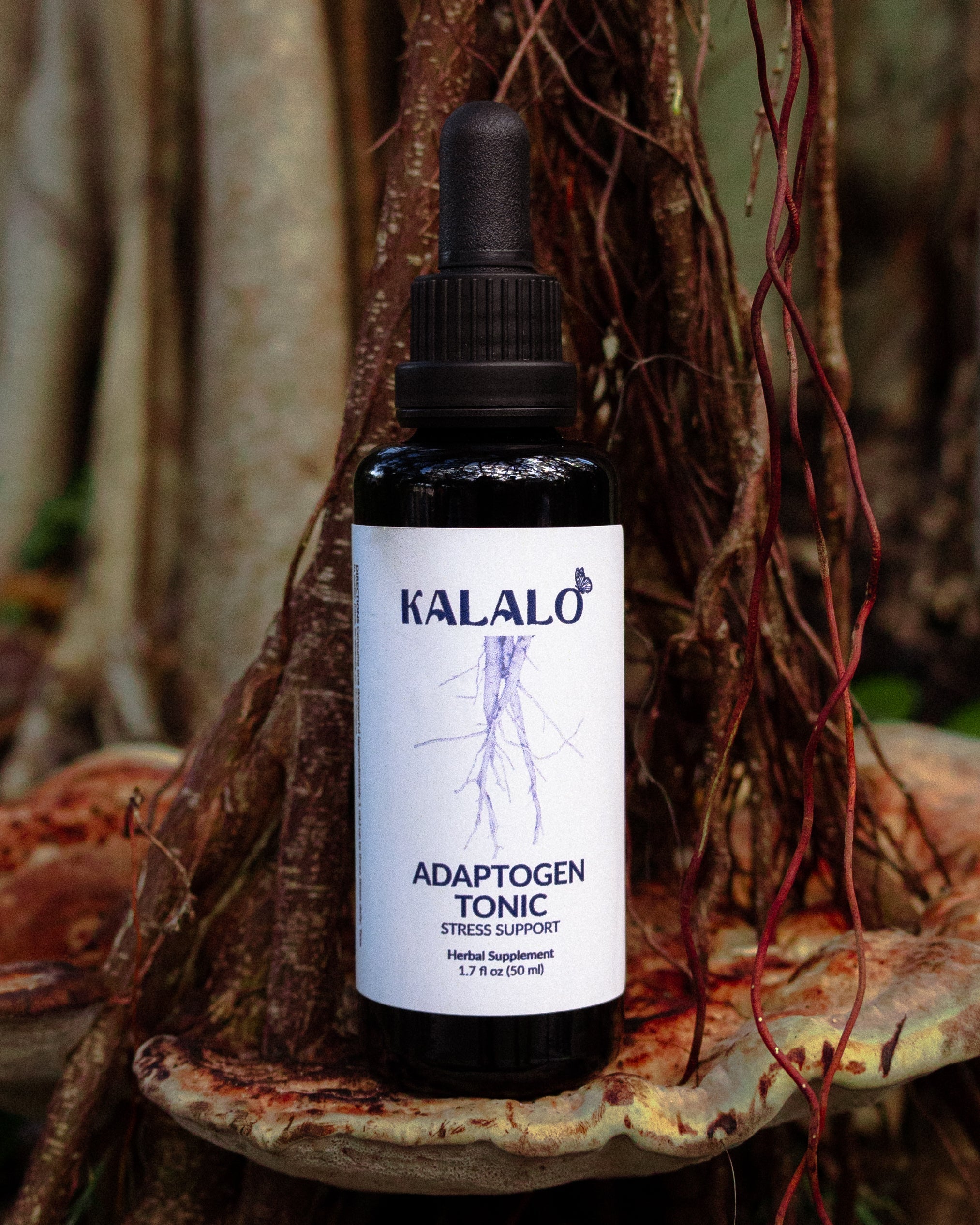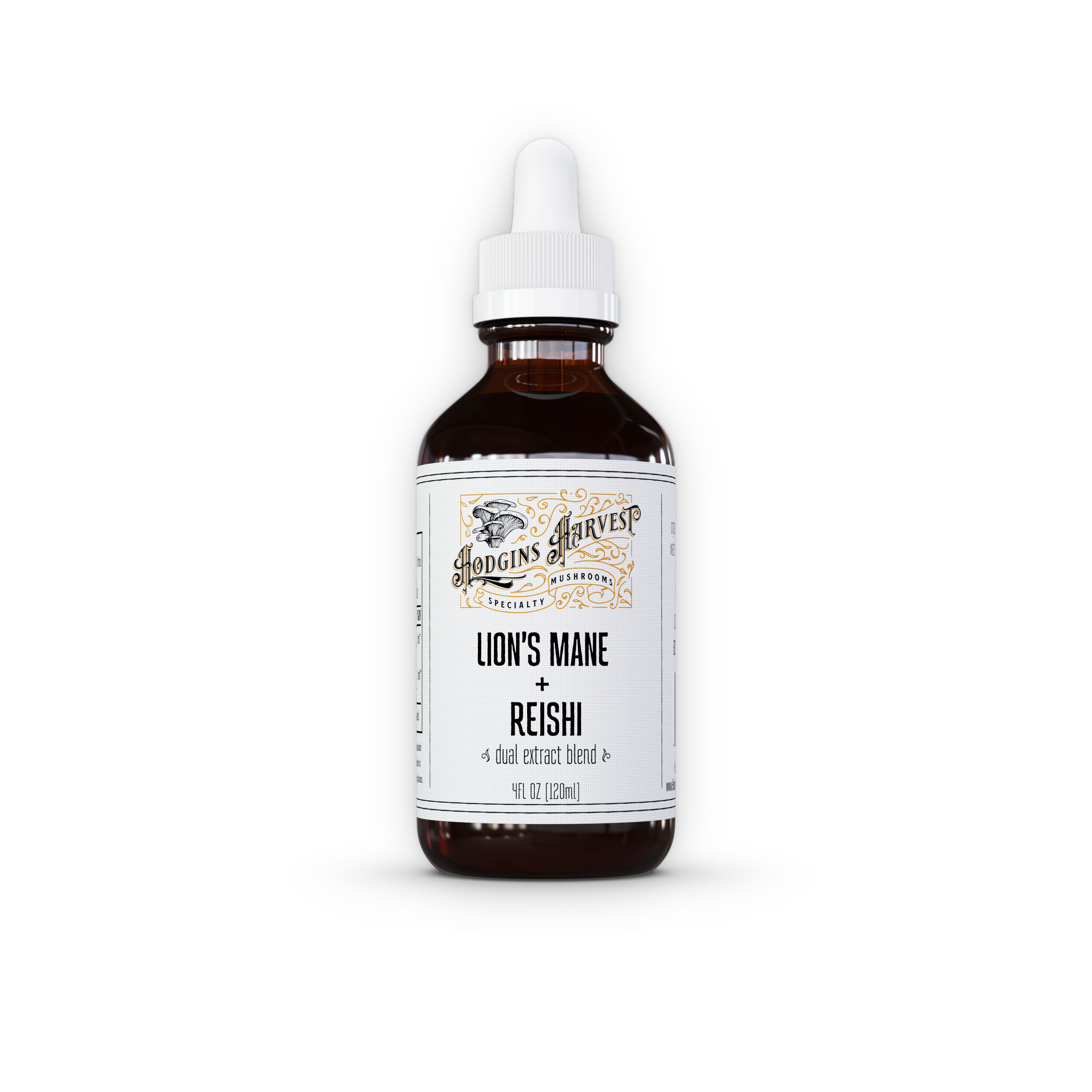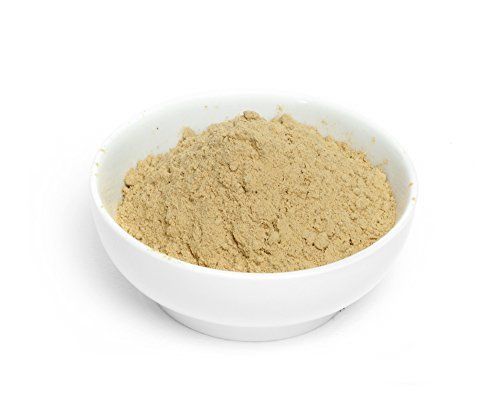
Acne and pimples are common skin concerns affecting millions worldwide. While conventional treatments like topical antibiotics and retinoids are effective, many people seek natural alternatives to manage acne due to concerns about side effects or preference for holistic approaches. Fortunately, a range of skincare ingredients, vitamins, and supplements have scientific backing for their ability to reduce inflammation, control oil production, and promote healthy skin. In this article, we explore the most effective natural options and the science behind their benefits.
Understanding the Science of Acne
Acne primarily results from excess sebum production, clogged hair follicles, bacterial growth (especially Propionibacterium acnes), and inflammation. Factors like hormones, diet, and genetics influence these processes. Effective management targets reducing inflammation, balancing oil secretion, and promoting skin healing.
Natural Skincare Ingredients for Acne
1. Tea Tree Oil
-
Research & Benefits: Tea tree oil contains terpinen-4-ol, which has antimicrobial and anti-inflammatory properties. A 2015 meta-analysis in Pediatrics & Neonatology found that topical tea tree oil significantly reduces acne lesions compared to placebo (Mojaverian et al., 2015).
-
How It Works: It inhibits P. acnes bacteria and reduces skin inflammation, decreasing the likelihood of pustules and cysts.
2. Salicylic Acid (BHA)
-
Research & Benefits: Although often synthetic, natural formulations with salicin (a natural precursor) are available. Salicin is converted to salicylic acid in the skin. Salicylic acid exfoliates dead skin cells, preventing clogged pores.
-
Science: By penetrating into pores, it dissolves keratin plugs and has anti-inflammatory effects, preventing formation of new pimples.
3. Aloe Vera
-
Research & Benefits: Aloe vera has soothing, anti-inflammatory, and antimicrobial properties. A clinical trial published in Burns (2012) concluded that aloe vera gel improved acne lesions and inflammation.
-
How It Works: Reduces redness and swelling, promoting faster healing of existing pimples.
Vitamins and Supplements for Acne
1. Vitamin A (Retinoids and Natural Forms)
-
Research & Benefits: Topical retinoids are well-known for unclogging pores and preventing comedones. Orally, vitamin A derivatives (like isotretinoin) are potent but reserved for severe cases. Natural vitamin A precursors, such as beta-carotene, support skin health.
-
Science: Vitamin A regulates skin cell turnover, reducing hyperkeratinization that causes blocked follicles (Korting et al., 2014).
2. Zinc
-
Research & Benefits: Multiple studies, including a placebo-controlled trial in Dermatology (2012), show zinc supplementation can reduce acne severity.
-
How It Works: Zinc has anti-inflammatory and antimicrobial properties, reducing P. acnes growth and calm skin inflammation.
3. Vitamin D
-
Research & Benefits: Low vitamin D levels have been associated with acne severity. A 2018 study in Dermato-Endocrinology found that vitamin D supplementation improved acne severity, possibly through its immune-modulating effects.
-
Science: Vitamin D modulates immune responses and reduces skin inflammation, aiding in controlling acne.
Natural Supplements with Evidence-Based Benefits
1. Omega-3 Fatty Acids (EPA and DHA)
-
Research & Benefits: Omega-3s, found in fish oil, have anti-inflammatory effects. A study in The Journal of Clinical Medicine (2017) demonstrated that omega-3 supplementation reduced acne lesions and inflammation.
-
How It Works: They inhibit pro-inflammatory cytokines, helping calm the immune response contributing to acne.
2. Probiotics
-
Research & Benefits: Emerging evidence suggests probiotics may improve skin health by balancing gut microbiota, which influences systemic inflammation. A study in Beneficial Microbes (2019) noted improvements in acne with probiotic supplements.
-
Science: Modulating gut bacteria reduces inflammatory mediators that can exacerbate skin conditions.
Lifestyle & Dietary Tips Supporting Clear Skin
Beyond topicals and supplements, maintaining a balanced diet, staying hydrated, and avoiding processed foods high in refined sugars and dairy can improve acne outcomes. Scientific research indicates that diets rich in fruits, vegetables, and omega-3s promote healthier skin.
Conclusion
Natural skincare, vitamins, and supplements offer promising, science-backed options for managing acne. Ingredients like tea tree oil, aloe vera, and salicylic acid help reduce inflammation and prevent clogged pores, while nutrients like zinc, vitamin D, and omega-3 fatty acids support immune modulation and anti-inflammatory responses.
Important: Always consult a dermatologist or healthcare provider before starting new supplements, especially if you are taking medications or have underlying health conditions. While natural remedies can be effective for mild to moderate acne, severe cases may require conventional medical treatments. Combining good skincare practices with targeted supplements and a healthy lifestyle can significantly improve skin clarity and confidence over time.
By understanding the science behind these natural options, you can make informed decisions that support your skin’s health holistically and sustainably. Remember, consistency is key, and patience is essential as your skin responds to these approaches.
